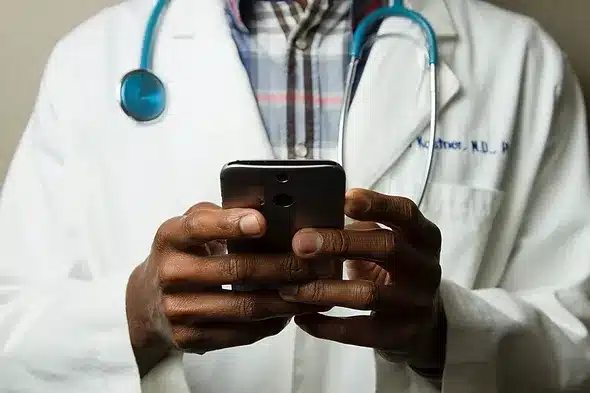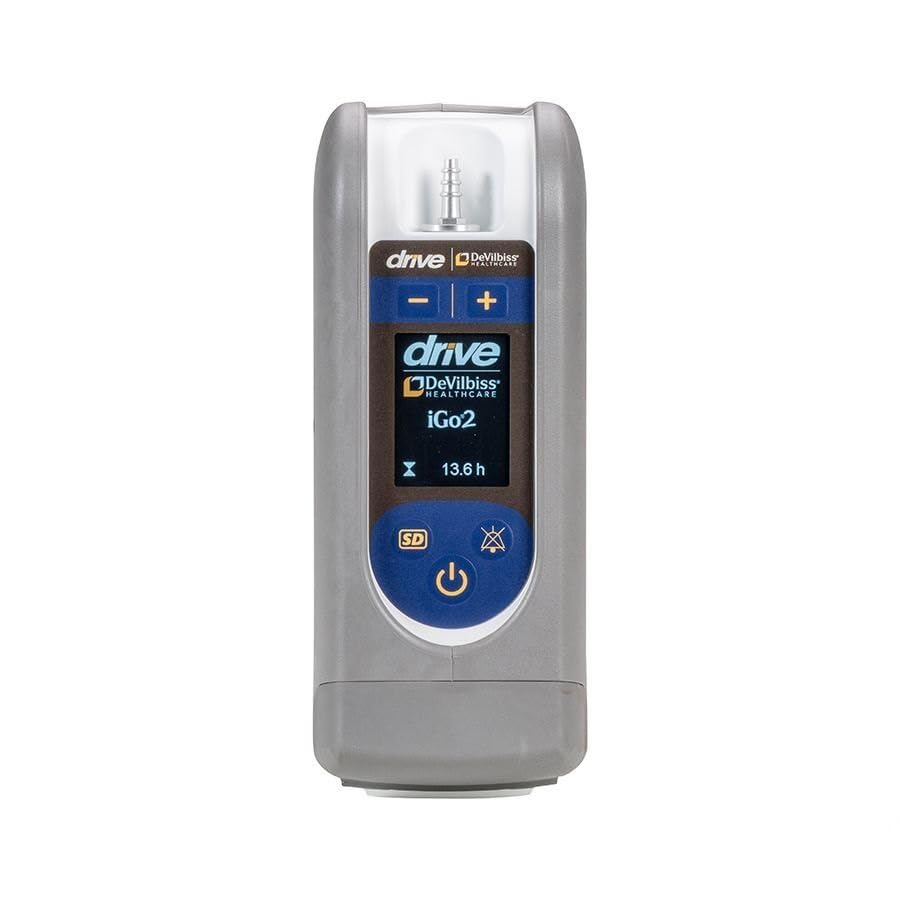We trust our doctors to give the correct diagnosis, but we also play a part in helping them to do so. In this article, we explore eight ways that you can help your doctor get the best diagnosis for you.

When you find yourself needing to visit a doctor, it’s your job to accurately describe your symptoms. Naturally, it’s your GPs role to diagnose you, however, you still have some level of responsibility.
Failing to properly communicate your symptoms could lead to a misdiagnosis. When serious health conditions are missed, patients ultimately suffer. If this happens to you, you might even end up suing your GP.
To avoid problems later down the line there are many things that you can do to help your doctor get the best diagnosis for you.
How to Help Your GP Make a Diagnosis
1. In-person Appointments
Over the last few years, online doctors’ appointments have become increasingly common, and there are plenty of benefits. Online medical care meant that many of us were still able to get the support we needed through the COVID-19 pandemic. What’s more, virtual doctors’ appointments are incredibly time-saving and convenient.
Despite the benefits, online appointments aren’t always the best way to support every condition, particularly if you’re experiencing an ongoing undiagnosed health matter. If you’ve been experiencing symptoms for a while, and your doctor hasn’t been able to draw a conclusion, in-person appointments are certainly best.
2. Track Your Symptoms
While your GP owes you a duty of care, you are also responsible for your own health. As much as it’s your role to eat right and get enough sleep if you’re feeling unwell, it’s essential that you track your symptoms.
Tracking your symptoms is a great way to help your GP to get the best diagnosis for you. The best thing to do is to write your symptoms down, so you don’t forget any of them. You might not think you’ll forget, but if you’re experiencing a range of symptoms, it can be easy to miss one out.
As well as symptoms, it can be useful to write down any triggers, for instance, is there anything that makes your symptoms better or worse?

3. Be Honest
If you want to support your GP, it’s incredibly important that you are honest. Failing to divulge key info, or bending the truth is the worst thing that you can do at a doctor’s appointment!
Sometimes, certain health problems can be difficult to talk about, they might be embarrassing, or sensitive. It could be that you’re anxious about what might be wrong with you, and so you withhold details. While talking about sensitive health issues is hard, being honest is the best way to ensure that your GP can make a correct diagnosis faster.
GP negligence cases are on the rise. Many people end up suing their GPs if they fail to diagnose a health condition. Being in this position isn’t a great experience, and it could potentially be avoidable, providing that you give your GP all the info they need.
4. Discuss Your Medical History
Many of us have a history of various diseases in our family. Depending on the circumstances, your GP may not be aware of your family medical history. Since some conditions are hereditary it’s a good idea to discuss your medical history with your GP.
It’s particularly important to do so if you feel like there is anything that they be unaware of. If you’re not sure whether certain conditions might run in your family, it can be useful to do a little investigative work and ask your loved ones.
5. Don’t Jump to Conclusions
When you’re talking about your symptoms, it’s important that you do not jump to conclusions. Tell your GP what you are experiencing, but do not attempt to share your direct conclusions about what might be wrong. Doing so may confuse the situation, and it’s best that your healthcare sessions are focused on facts as opposed to assumptions.
It can be tempting to google your symptoms and diagnose yourself, but this can lead to greater anxiety. When you’re feeling anxious about your health, you may find that you start to experience additional symptoms that weren’t there before.
6. Discuss Your Medications
Your GP should know which medications you are taking, but in some cases, they might not. For example, if you’ve seen a private doctor recently for a second opinion. Make sure that you share information about the medication that you are taking with your GP. If you are accessing prescriptions from an online healthcare provider, ensure that you’re using a trusted source.
Receiving the incorrect medication, or the wrong dose could seriously put your health are a risk. Taking incorrect medication is a common GP negligence claim. While it’s your GPs responsibility, you should also ensure that you are checking the dosage of anything you take. It’s best to clarify the doses if you are ever unsure.

7. Give as Much Detail as Possible
When you’re talking about your symptoms with your doctor it’s important to include as much detail as possible, the more detail that you give, the easier it will be to diagnose you correctly.
If you are describing pain, think carefully about the words you use, whether its dull, sharp or tingling. Consider if it’s consistent or whether it comes and goes. Bring your notes to an appointment, and any information that you’ve been given by other medical professionals.
The more detail you give the more likely you’ll receive a correct diagnosis. Misdescribing your condition could lead to a wrong diagnosis.
8. Ask for More Info
Last up, when you’re at a doctor’s appointment, it’s important that you ask for more info if you need it. Don’t be afraid to ask lots of questions, and ensure that you make notes to keep track of everything.
The more that you ask, the easier it will be to understand what to expect, and what to look out for. It could be that you’ll need to take different steps if your symptoms progress. It’s vital that you’re aware of all these types of things to take good care of your health.
Helping Your Doctor to Diagnose You…
As you can see, there are many ways that you can help your doctor to diagnose you. It’s important that you are honest with your GP, discuss your medical history, and keep track of your symptoms. If you are taking certain medications, and your doctor is not aware, it’s vital that you share this info.
Your doctor is responsible for diagnosing your health conditions, but it’s still a good idea to be mindful of your own health. Seek to take responsibility for monitoring your ongoing progress. With GP negligence claims on the rise, to avoid health complications and missed diagnoses, there are many ways you can protect your health.
*****





























